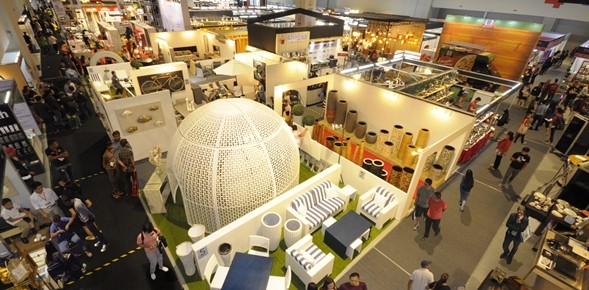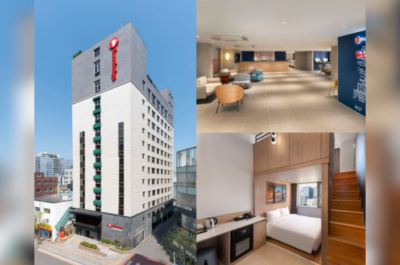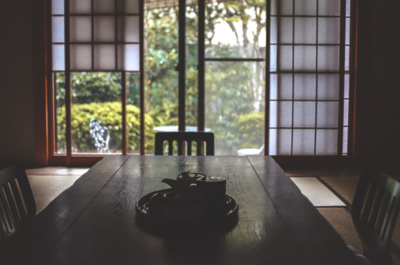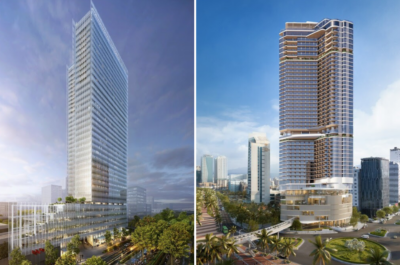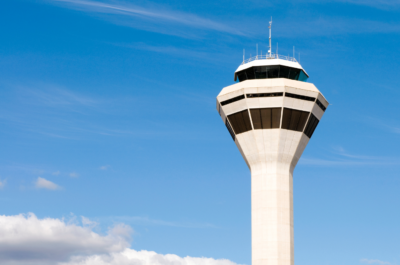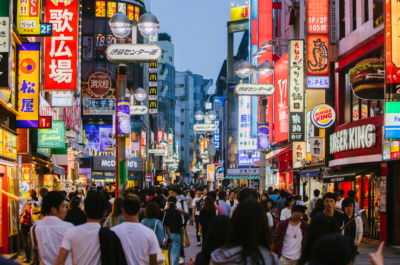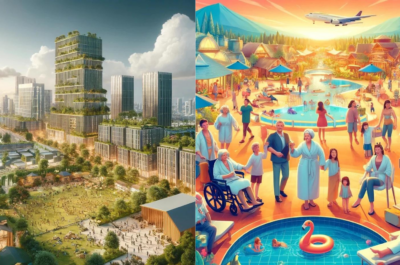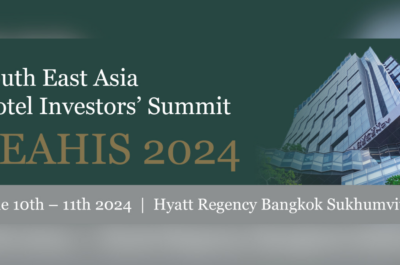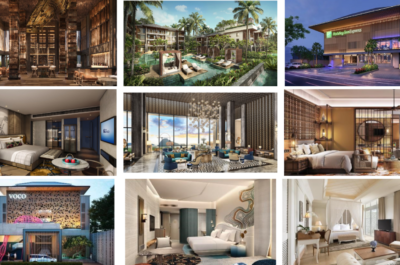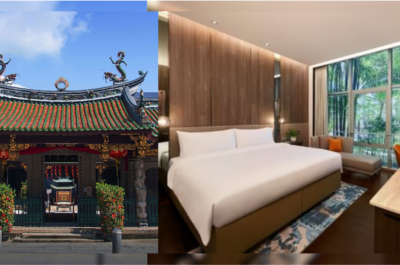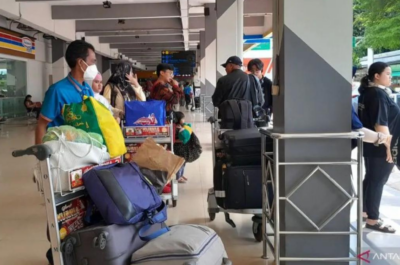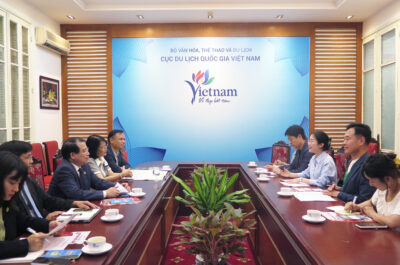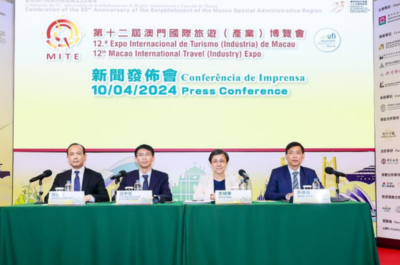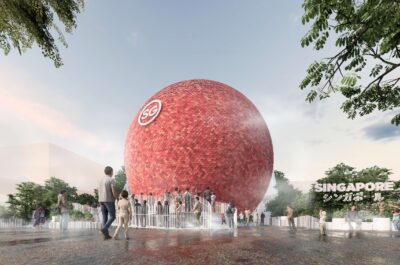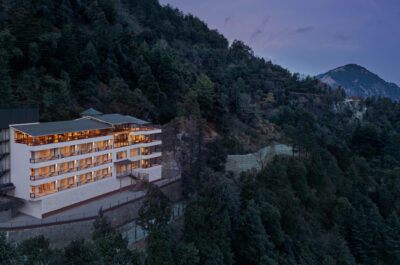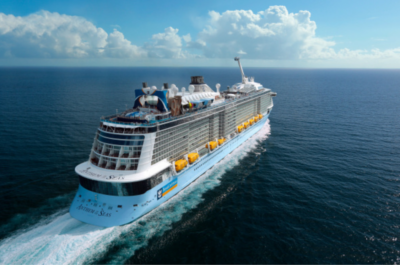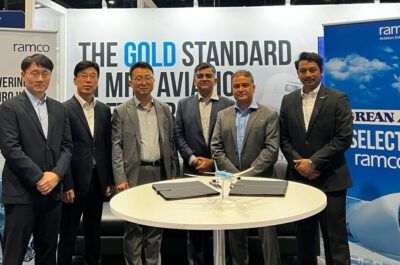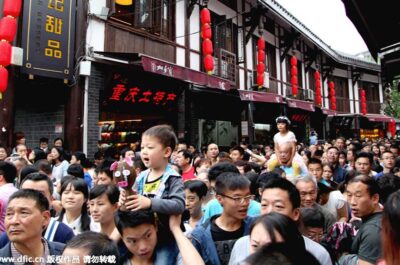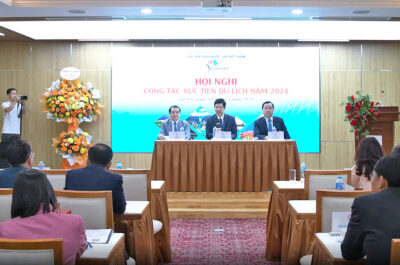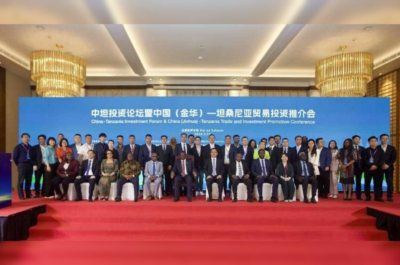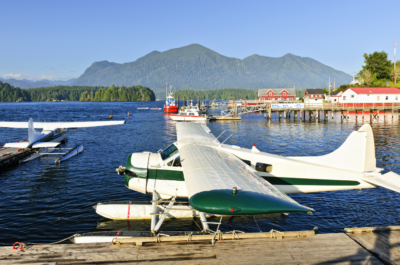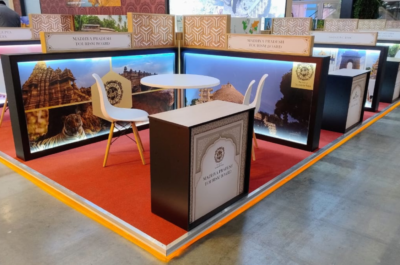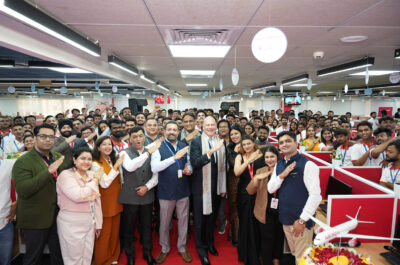The Hotel Supplier Show provides an insight into emerging hospitality trends and changing industry standards.
Manila – The Hotel Suppliers Show 2017, the biggest hospitality trade fair in the Philippines, will take place at the SMX Convention Centre in Manila from 21-23 September. Organised by Global-Link Exhibitions Specialist Inc, in partnership with the Chamber of Furniture Industries of the Philippines(CFIP), the annual exhibition provides network opportunities for leading manufacturers, suppliers, and service providers to meet buyers and distributors in the Philippines’ growing market of hotels, restaurants, and resorts.
Now in its eighth year, the Hotel Supplier Show provides an insight into emerging hospitality trends and changing industry standards. In preparation for the three-day exhibition, the Hotel Suppliers Show presents the top five hospitality design trends that will shape the hotel industry for the coming years.
1) Rethinking the Hotel Guest Room
The growth of peer-to-peer rental accommodations such as Airbnb has led traditional hospitality brands to rethink their interior design strategy, particularly for guest rooms and suites. The move towards a less rigid apartment-style bedroom will grow as lines between hotel and homes blur even further. Today, instead of standard guest room configurations, hotels are now offering multi-purpose bedrooms, incorporating conversation areas and sofas for relaxing. Desks are being replaced by casual coffee tables or more compact foldaway versions that reflect a downsizing in technology.
Spurred by extended-stay hotels, the concept of adding kitchenettes and other amenities to accommodate longer-term guests has also gained traction in the international hotel industry. In response, we can expect fewer examples of across-the-board interiors and furnishings repeated in every single room. Instead hotels will increasingly try to create more individual, hospitable environments for their guests.
2) Evolution of the Lobby
As hotels embrace a residential approach to design, traditional lobby concepts have been redefined. Removing traditional front desks, lobbies are being transformed into living room-like public spaces that are warm and inviting. Remote and iPad check-ins have become mainstream, eliminating the need for large reception areas and giving hotel designers greater flexibility when designing lobby areas.
There is also more effort to encourage guests out of their rooms and into the public spaces. Responding to savvy millennial travelers who spend less time in their rooms, hotel lobbies have been crafted into social hotspots, incorporating features such as cocktail bars, self-service coffee and wine counters, libraries, individual work stations as well as co-working spaces. As the modern hotel lobby becomes a cultural destination, expect to see even more emphasis being placed on these communal areas to serve a variety of needs and social functions.
3) Focus on Sustainability and Energy Conservation
With the hospitality industry focusing on reducing its carbon footprint, we can expect more sustainable practices being implemented into hotel design. This includes the use of solar panels, recycled wood and locally handcrafted and repurposed furniture that supports sustainability and connects guests to the local culture. Natural lighting and other eco-friendly features will be incorporated seamlessly into hotel design and hospitality practices.
Recycled and natural materials, while not a new concept, continue to gain ground due to their low impact on the environment. Recycled rubber, cement tiles, recycled fibers and cork are examples of sustainable flooring being used by hotel designers. These materials also provide enhanced soundproofing and energy efficiency for interiors.
Support of locally handcrafted and repurposed hotel furniture will also gain in popularity. This trend will have a huge impact beyond 2017 as the industry embraces its role in reducing carbon emissions and shifts towards creating meaningful experiences for travellers.
4) Smart Hotels
We can expect more on-demand technologies to find their way into hotels. Hospitality operators are now increasing investments into areas like beacon technology, messaging and smart in-room entertainment.
In the public areas, smart walls can entertain guests with art and games, provide updates on news and weather, facilitate virtual business meetings, and offer guests tourist information on the destination. Other technology, including 3D printing, will also give way to design possibilities, from upholstery and furniture to amenities and electronics.
Hotels are also integrating personalized tablets into their rooms, allowing guests to control in-room operations, from lighting and temperature to blinds and entertainment, all from a single device. Work stations and charging stations can be found at various locations to ensure hotel guests have unlimited connectivity.
5) Upgraded Wellness
Over the past decade, wellness travel has been on the rise, requiring hotels to reconsider their design approach. Many hotels have upgraded their gyms, spa facilities and wellness offerings to accommodate their health-conscious guests. Air purification, energizing lighting and vitamin Cinfused water in showers are a few examples of how hotel groups are embracing the wellness trend.
Some hotel rooms are now designed to contain exercise equipment or include workout spaces. As guest rooms require less space with smaller desks and wall-mounted TVs, more attention will be paid to bathroom design. Luxury hotels are beginning to offer spa-style bathrooms in every suite to replace standard bathrooms. The spa bathroom includes such amenities as whirlpool and air bath tubs, massaging body jets in the shower, a steam room or spa bed.
Well-established hotels are also offering new, more targeted spa experiences focusing on mindfulness rather than massages. Responding to this growing trend, we can expect to see dedicated yoga and meditation spaces being integrated into the hotel design.
Vicky is the co-founder of TravelDailyNews Media Network where she is the Editor-in Chief. She is also responsible for the daily operation and the financial policy. She holds a Bachelor's degree in Tourism Business Administration from the Technical University of Athens and a Master in Business Administration (MBA) from the University of Wales. She has many years of both academic and industrial experience within the travel industry. She has written/edited numerous articles in various tourism magazines.













